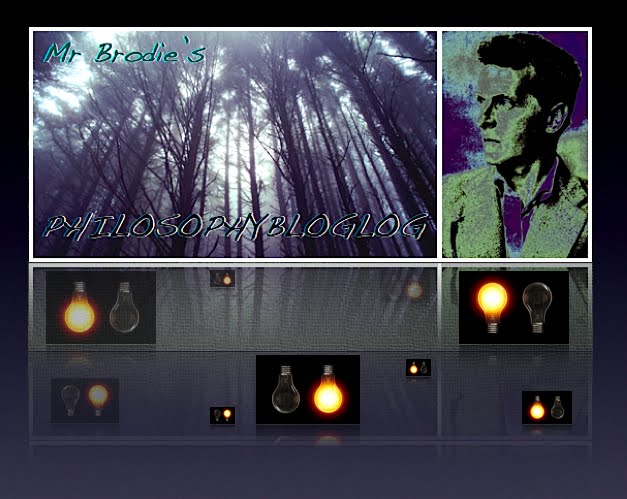Think about the game of Battleships - only imagine a real ocean. Think about how the grid, (which incidentally uses Cartesian co-ordinates invented by the man himself!) that we lay over the ocean in order to specify positions, is a kind of conceptual scheme.
For example the position 'D - 5' specifies a 'point' on the ocean: we can know where it is, we can talk about what's there or isn't there, we could arrange to meet there. But the point does not actually exist in a meaningful way without the conceptual scheme. If the conceptual scheme didn't exist then no-one could swim to point D - 5 - they might accidentally arrive there, but they wouldn't know they were there and nor would anyone else. No conversation could be had about point D - 5 if the conceptual scheme did not exist.
So where did the conceptual scheme come from? It didn't come from the ocean itself - obviously! We invented it. The same can be said about any other 'reference' (word) we use to indicate a 'bit' of the world: colours, smiles, yes even board pens.
So, if the conceptual scheme is invented (keep thinking battleships grid) then it doesn't seem to have much of a connection to 'reality'. Knowing where point D - 5 is, is a piece of knowledge, but that knowledge seems to have no connection with the 'reality' of the ocean. Innit!
Of course, this isn't the case with Kant. If we think of Kant's 'categories' as a conceptual scheme - and it's perfectly reasonable to do so, then we'd have to take into account the fact that because the categories are 'built in' to the rational structures of our minds, because it is only through those rational structures that we can have experience at all, then we might have to conclude that the conceptual scheme is reality.
I hope, this will help with the question below. I gave it my best shot. No pun intended.
I hope, this will help with the question below. I gave it my best shot. No pun intended.
























No comments:
Post a Comment